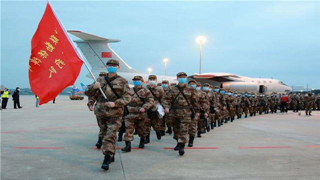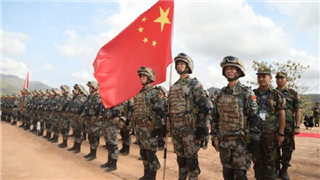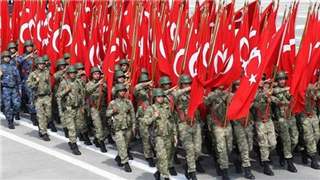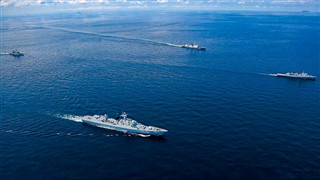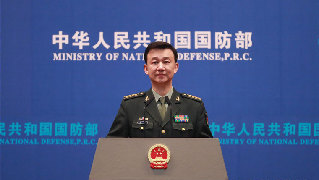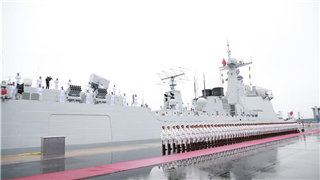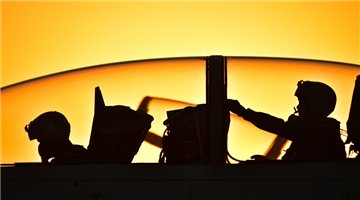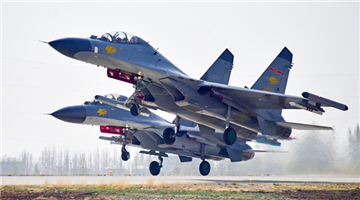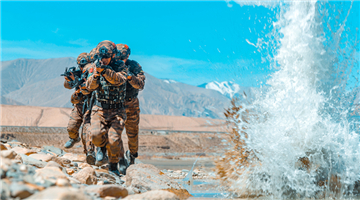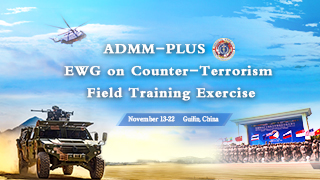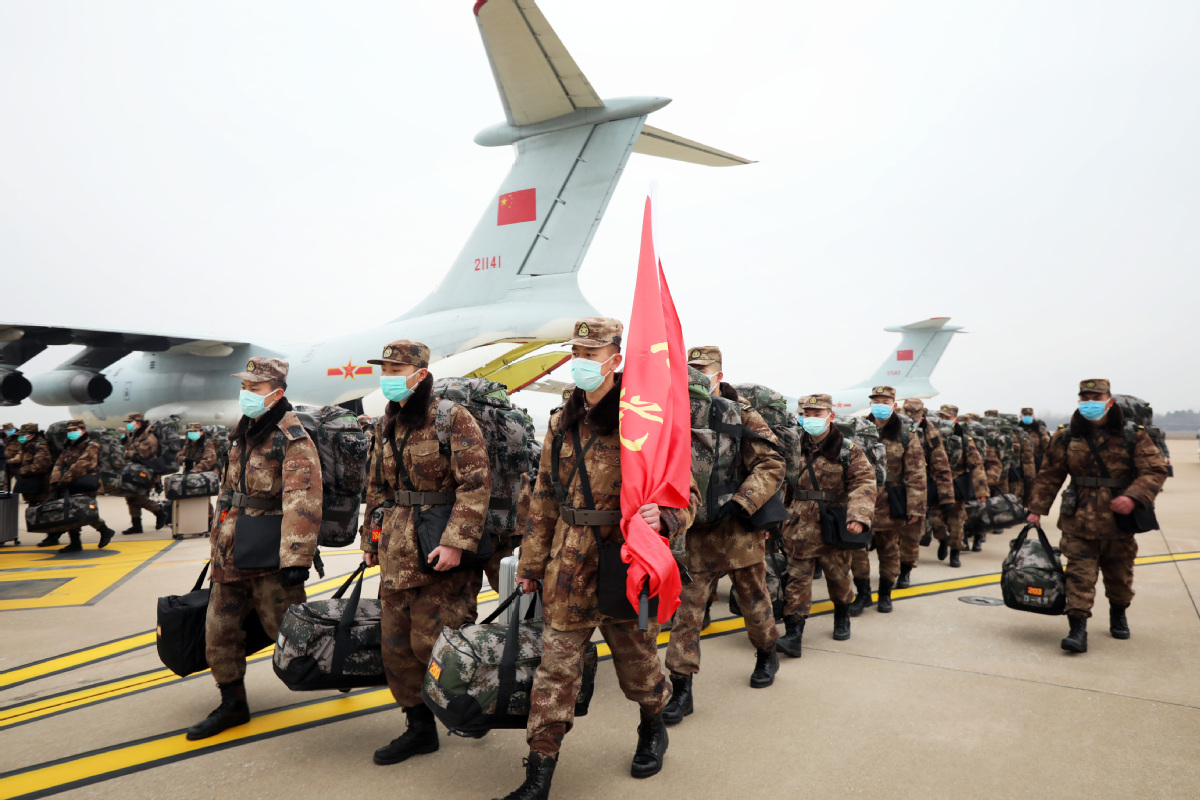
Supplies delivered
After receiving an order from the Central Military Commission, the PLA Hubei Provincial Command cooperated with a number of military units stationed in the province, including the PLA Air Force's parachute and aviation units and the PLA Ground Force's training base.
Troops and trucks from these units formed a transportation support team on Feb 2, comprising 260 soldiers and 130 trucks.
The team helps local logistics companies transport daily necessities, such as vegetables, to markets and assists local government departments to deliver supplies to temporary hospitals such as Huoshenshan and Leishenshan.
On the day it was formed, the team dispatched 50 trucks to deliver more than 200 metric tons of necessities to major supermarkets across Wuhan.
Drivers usually leave the team's base early in the morning to deliver goods. With requests for help arriving daily, they often have no time for lunch or dinner.
Xie Chaohui, a member of the team whose family lives in Wuhan, said both he and his wife, a nurse at a local hospital, are too busy to take care of their 6-year-old son. As a result, the child is staying with his grandparents.
"My mother-in-law lives on a road I use each day to deliver vegetables to a market, so I can pull over outside her house and see my son through the window. He sees me and waves at me," he said.
In the past month, drivers on the team have transported more than 8,500 tons of necessities and 23,600 sets of medical equipment in Wuhan.
China Central Television quoted Xiong Zhuang, duty manager at a supermarket in the city, as saying that the military drivers' assistance has greatly eased the heavy burden facing the business.
Xiong said he wanted to thank the soldiers for their help, adding that people in Wuhan felt more assured when they saw troops in the city.
Chen, from the Central Military Commission's Logistics Support Department, told the media on March 2 that, faced with this sudden health crisis, the PLA had shown its ability to follow orders and fight hard.
"The achievements made in epidemic control have again shown the obvious advantages of the leadership of the Communist Party of China and socialism with Chinese characteristics," Chen said.
At the news conference on March 2, Defense Ministry spokesman Wu Qian was asked by the media about claims made by foreign analysts that the epidemic is likely to have an impact on the combat readiness of the Chinese military.
The senior colonel said the outbreak would not affect combat training and exercises, and the military had comprehensively demonstrated its emergency response capabilities in battling the epidemic.
Wu said that the PLA has maintained its normal routine training of troops since the outbreak emerged in January, adding that equal attention is paid to epidemic prevention and combat training.
"Our armed forces have the responsibility to take part in disaster relief, emergency response and rescue missions," Wu added.
"The military's active participation in the fight against the disease will not only comprehensively show the troops' emergency response ability but also hone their operational skills. It could be seen as a combat exercise."
